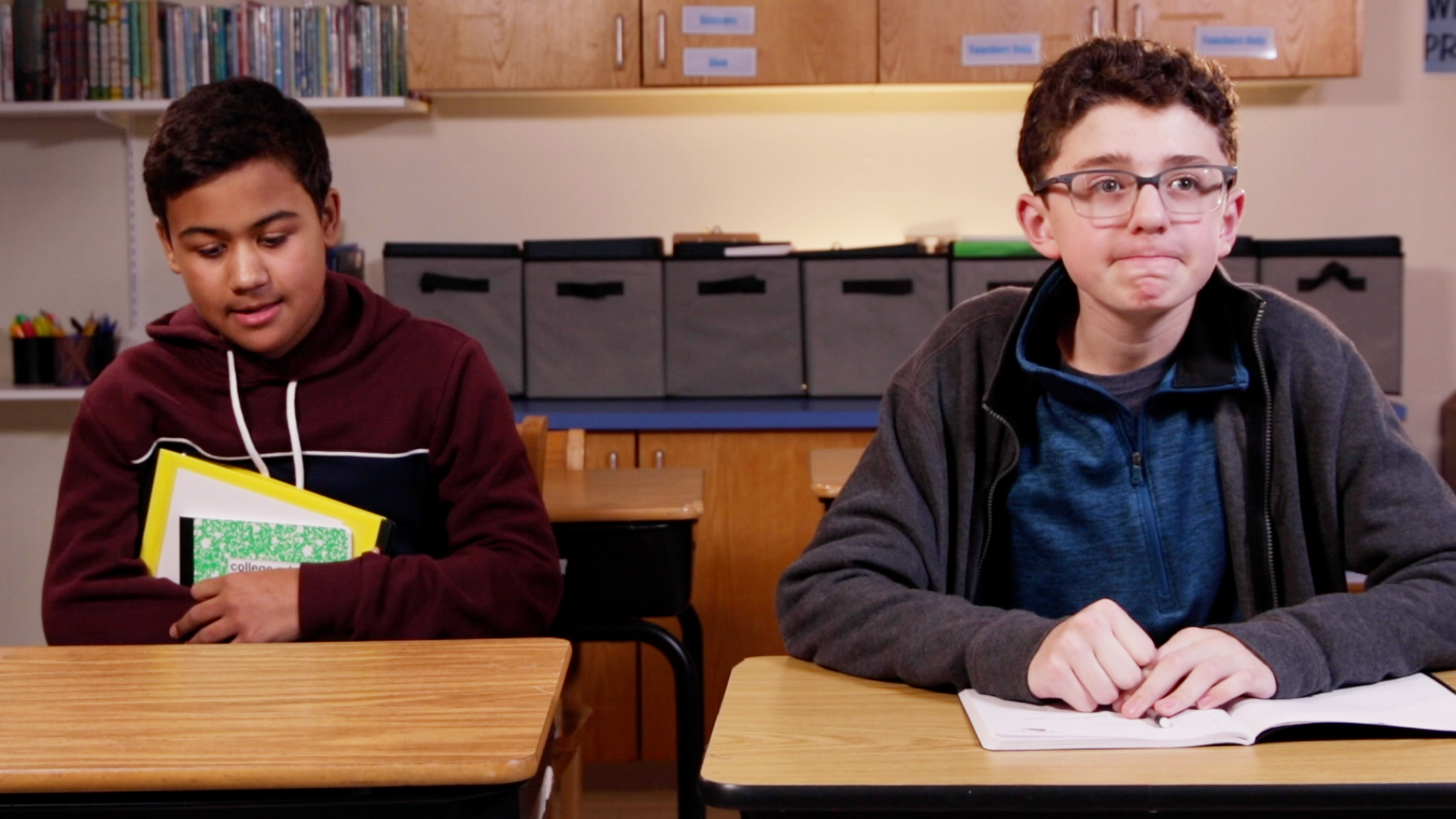Small talk is an essential skill that helps create a comfortable and friendly atmosphere when interacting with others. This blog post aims to provide educators with an easy-to-follow guide on teaching elementary students the art of small talk by using “The Two W’s” – Weather and Weekend. By mastering this skill, students will be able to engage in short conversations, foster connections, and make others feel at ease in social situations.
Introduction
Small talk is a short conversation that focuses on general topics everyone can discuss. It is an essential social skill that helps break the ice and build rapport with others. When we engage in small talk, we show interest in others and make them feel comfortable. If we remain silent in social situations, it may convey disinterest or even offend others. Teaching students how to make small talk using The Two W’s – Weather and Weekend – can help them navigate social interactions with ease and confidence.
No-Prep Activity: The Two W’s Role-Play
This simple role-play activity requires no preparation or materials and helps students practice making small talk using The Two W’s. Divide the students into pairs and ask them to take turns initiating a conversation using either Weather or Weekend as a starting point. Encourage them to listen actively and respond appropriately to maintain the conversation. After a few minutes, ask the pairs to switch roles and practice again. This activity will give students the opportunity to practice small talk in a safe and supportive environment.
Discussion Questions
- Why is small talk important in social situations?
- How can using The Two W’s help make small talk easier?
- What are some other topics that could be used for small talk?
- How can you tell if someone is interested in engaging in small talk?
- What can you do if the other person does not seem interested in small talk?
Related Skills
Beyond small talk, there are other essential social-emotional skills that students can benefit from learning:
- Active Listening: Teaching students to listen attentively and respond thoughtfully to others can help them develop strong communication skills and build meaningful relationships.
- Empathy: Encouraging students to put themselves in others’ shoes and understand their feelings and perspectives can foster compassion and emotional connection.
- Assertiveness: Helping students express their thoughts, feelings, and needs respectfully and confidently can empower them to navigate social situations effectively.
Next Steps
Teaching small talk using The Two W’s is a great way to help students develop essential social-emotional skills. To access more resources and sample materials to support your students’ social-emotional learning journey, sign up for free samples at Everyday Speech.






